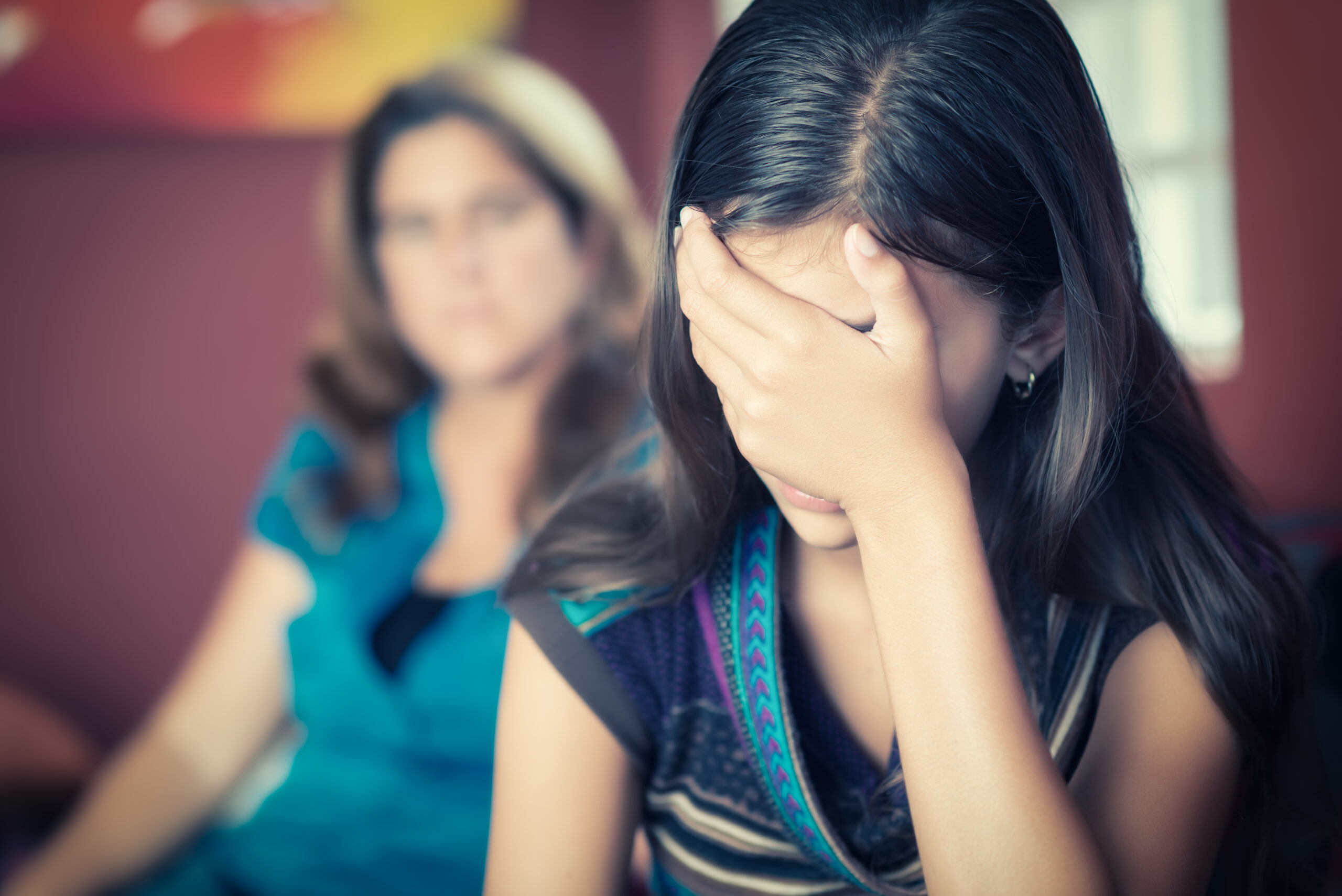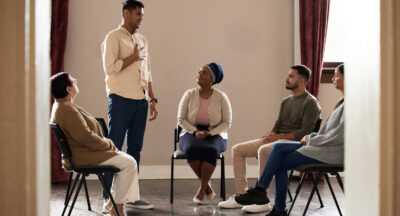
[Op-Ed] The broken mirror of our society
The news of the murder of a 16-year-old girl, allegedly by other minors, is not just a headline. It is a broken mirror reflecting the deterioration of our capacity as a society to teach how to live, to value life, and to feel empathy.
Losing sight of the value of life does not happen overnight. It is a process that takes shape when an adolescent grows up without experiencing secure bonds, without receiving emotional support, and without learning that life has intrinsic value.
Early exposure to violence, the normalization of harm, and the absence of positive role models progressively erode the capacity for empathy. Research shows that when the earliest stages of ethical awareness are not nurtured, the ability to recognize the rights and pain of others is weakened.
Neuroscience warns that chronic stress and violence experienced in childhood alter the development of the prefrontal cortex and the amygdala, areas responsible for self-control and decision-making. Thus, another’s life ceases to be perceived as something sacred and dangerously becomes an obstacle or an outlet for emotional discharge.
This is not only about “violence” in the abstract sense. Violence manifests in all its forms. Parents, caregivers, children, and adolescents who have not learned to regulate anger grow up in fertile ground for an automatic violent response. This is where the cycle begins.
The home is the first learning ground. The research is clear: more than half of juvenile offenders come from environments marked by violence. In those homes, emotional bonds erode, and aggression is normalized. Screaming, crying, weak rules, and lack of control fuel violence. The family becomes a stage of fear, aggression, and silence.
Uncontrolled emotions become a time bomb. The inability to manage frustration or anger is a spark that can ignite tragedies. According to Bandura’s social learning theory, aggression is learned through observation and imitation, especially when it is perceived as a valid strategy to resolve conflicts.
To address this reality, we know what works. First, interventions based on socioemotional development, support, and protective factors are key to preventing violence. Likewise, parenting interventions that are already being implemented locally have proven to improve parenting practices, reduce aggressive behaviors, and strengthen the parent-child relationship.
In schools, trauma-informed approaches and programs aimed at strengthening resilience, self-regulation, and socioemotional skills in children and adolescents improve school climate, reduce suspensions, and foster self-regulation. At the therapeutic level, family interventions with at-risk adolescents have shown significant reductions in recidivism and family conflict, improving communication and family cohesion.
It is essential to adopt comprehensive strategies that include creating protective environments, developing socioemotional skills, fostering connections with supportive adults, providing therapeutic support after violence, and strengthening economic and educational opportunities. There is no time to wait: in our country, we already have effective programs and knowledge. It is time to enhance and build on what already exists to protect our children and youth.
Investing in emotional parenting, values education, and socioemotional programs with a coordinated system of continuity is not a luxury: it is a strategy for collective survival. If we continue to accept violence as part of the landscape, the following headline will not be a surprise but a painful repetition from a society we have already allowed to grow in silence.
Originally published in El Nuevo Día.
Related Posts
Culture of support needed for social workers
The discussion around how to break stigmas and support the well-being of an...
Mental health professionals urge a comprehensive look at the needs of children and youth in Puerto Rico
(Mayagüez, PR) - Adopting a broad human rights perspective on the development...
Dialogue to create joint efforts against juvenile delinquency
The “Puerto Rico Minors Act” (Act 88-1986) was recently reformed. In this...
Functional family therapy for young people in legal trouble
We live in a historic moment for our children and youth, with public policies to...




